
By Dr. Bernard TETTEH-DUMANYA
In early 2025, something extraordinary happened in Accra. Against the backdrop of mounting debt, rising prices, and IMF programme fatigue,
Ghana’s central bank decided to act boldly without permission. It injected foreign reserves directly into the currency market, reviving the dying cedi. Within three months, the currency had rebounded by nearly 20percent, inflation cooled, and market confidence began to recover.
For ordinary Ghanaians, the impact was tangible, thus for the first time in many years, importers could plan with more certainty, price hikes on basic goods slowed, and businesses regained breathing room. In the streets of Makola Market, traders spoke of “relief at last” as the cedi’s rebound allowed them to stock goods without fear of daily price swings.
Yet instead of praise, the International Monetary Fund (IMF) issued a stern rebuke. Ghana was accused of “currency manipulation” and warned to let the market “correct itself” code for allowing the cedi to fall, even if it meant more hardship for citizens. A technical team was dispatched to Accra, not with aid, but with oversight. The question many began asking: why should stabilizing one’s own currency trigger condemnation instead of commendation?
For decades, IMF and World Bank prescriptions have been the rulebook for African economies. They borrow, devalue, liberalize, privatize. Rarely has this “textbook economics” delivered sustainable growth. Zambia, despite multiple IMF programmes, continues to grapple with crushing debt. In Latin America, Argentina is another example, 22 IMF programmes since 1956, yet the peso remains one of the weakest currencies in the world.
The IMF itself, in its fourth review of Ghana’s programme, listed a litany of vulnerabilities: regional conflicts, commodity price volatility, global trade disruptions, and domestic weaknesses like spending overruns and debt talks.
But critics argue that IMF staff often fail to grasp the lived realities of developing economies where the “perfect market” is an illusion. In practice, unfiltered market forces often translate to chaos for small economies like Ghana. So when the Bank of Ghana took matters into its own hands, it wasn’t defying economics but it was protecting citizens.
The pushback was not loud, but quiet and strategic. Rumors surfaced of delayed debt restructuring deals. Credit rating agencies whispered of possible downgrades. Investors began to hesitate. The message was subtle but clear: Ghana’s defiance would come at a price. This is not new. In the 1980s, Tanzania under Julius Nyerere resisted IMF reforms and soon found itself isolated financially.
More recently, Ethiopia faced harsh donor cutbacks when it pursued state-led development that clashed with neoliberal orthodoxy. In Ghana’s case, the “silent treatment” seemed designed to suffocate rather than strike.
No dramatic sanctions, just a slow tightening of the financial oxygen. That is why this article was to keep the managers on the Ghana economy that the task ahead is huge and no complacency at all. It is obvious across the continent, Ghana’s defiance struck a chord. Burkina Faso’s Captain Ibrahim Traoré openly praised Ghana’s “financial courage.”
In Mali and Niger, state broadcasters posed the question: “If Ghana can fight for its currency, why can’t we?” This quiet rebellion is about more than exchange rates. It is about sovereignty. For decades, Africa has been told it cannot lead, only borrow; cannot define, only comply. Ghana’s solo act challenges that script.
Of course, Ghana’s strategy is not without danger. Currency interventions depleted reserves, raising questions about sustainability. Youth unemployment remains stubbornly high, and without real productivity growth, currency relief alone cannot solve deep structural issues.
But the IMF’s deepest fear is not Ghana’s failure, for me it is Ghana’s success. If a developing country can stabilize its economy outside the IMF playbook, it sets a precedent that others may follow. And therein lies the heart of the matter: this is not about spreadsheets, but about power. About who writes the rules of the global economy. About whether Africa must always seek permission before acting in its own interest.
But Ghana’s defiance is both a risk and a revelation. It has exposed the unwritten rules of financial order. African nations may borrow endlessly, but they must not act independently. The real crime was not economic mismanagement now if John Mahama’s government but refusing to wait for approval. Whether this becomes a turning point or a cautionary tale will depend on what comes next. If Ghana can pair its monetary boldness with structural reforms, local productivity, and transparent governance, it may yet inspire a continental shift. For now, Ghana has forced the world to confront a radical question:
What happens when Africa stops asking for permission and begins to write its own economic future?
>>>the writer is a distinguished Ghanaian financial economist and consultant with nearly three decades of experience spanning academia, corporate finance, and agribusiness. He has held pivotal roles at institutions such as UBA Ghana, SIC Financial Services, Empretec Ghana, and the Swiss International Finance Group, reflecting his profound understanding of global finance. Renowned for pioneering efforts in risk management, compliance, and corporate strategy, Dr. Tetteh-Dumanya has significantly contributed to Ghana’s financial landscape. His expertise encompasses venture capital, business and financial reengineering, and fundraising, playing a crucial role in the growth and development of numerous entities. Driven by a commitment to capacity development, he has provided consultancy services to a diverse array of local and multinational organizations, including GIZ, AGRA, SNV, DANIDA, and USAID. As the CEO of SGL Royal Kapita, he has introduced innovative investment services targeting Ghana’s agriculture sector, aiming to support farmers and agribusinesses in achieving financial stability and growth. Beyond his professional endeavors, Dr. Tetteh-Dumanya is an influential columnist, offering incisive analyses on Ghana’s economic policies and advocating for strategic financial mechanisms to enhance the nation’s economic sovereignty. For inquiries, Dr. Tetteh-Dumanya can be reached at: [email protected]
The post Our defiance: A dangerous precedent or Africa’s first step to economic freedom? appeared first on The Business & Financial Times.
Read Full Story
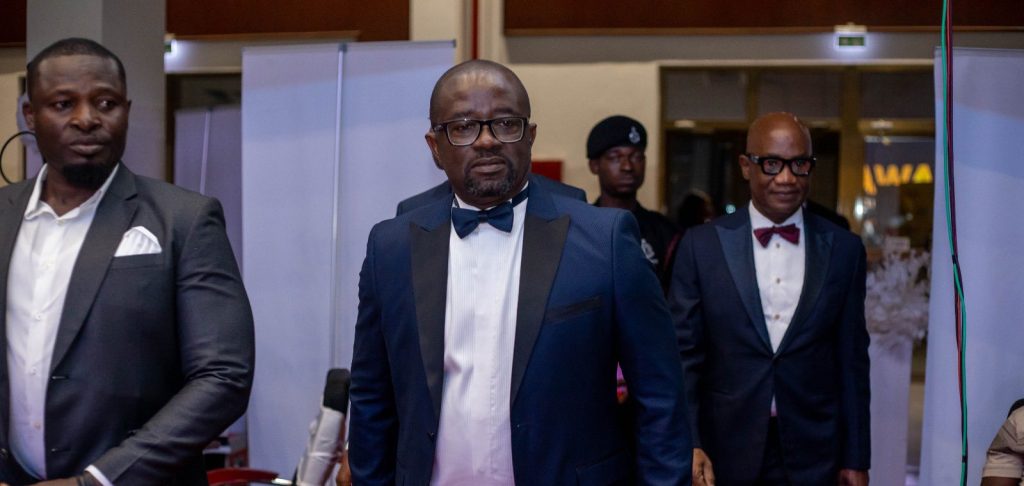
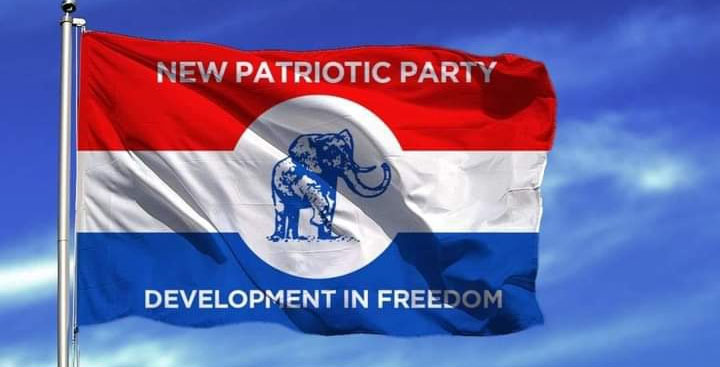

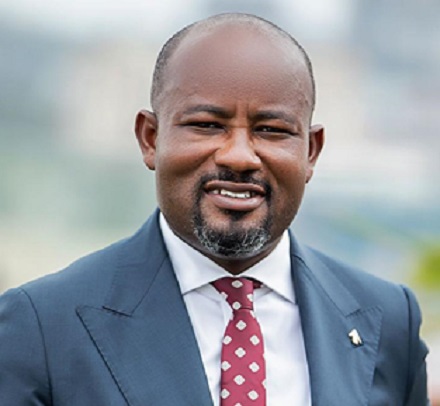




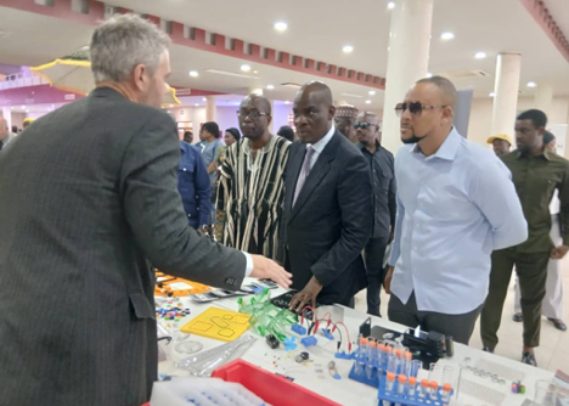
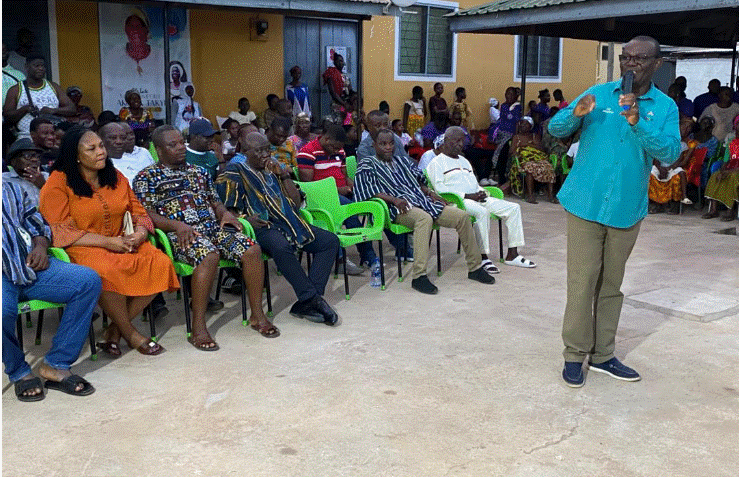



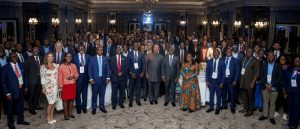
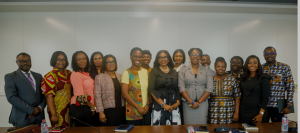

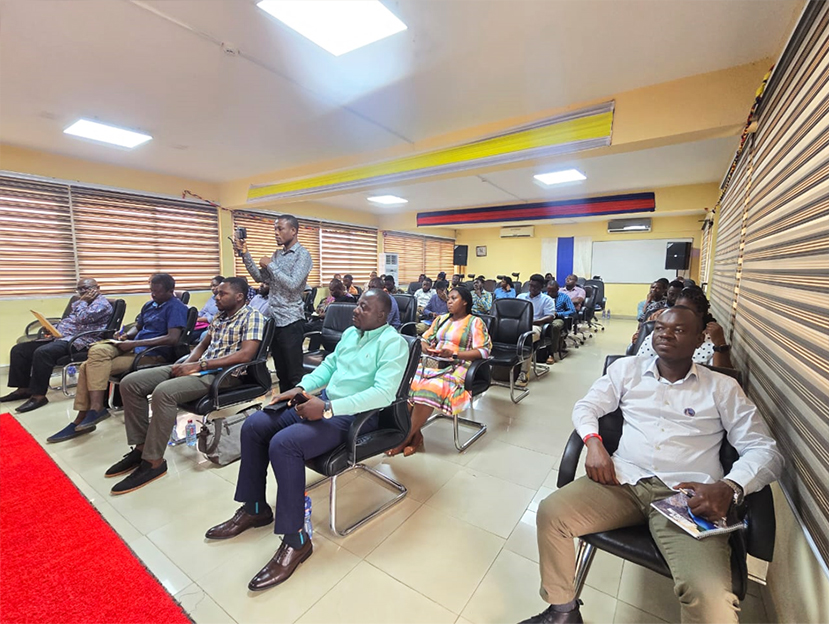
Facebook
Twitter
Pinterest
Instagram
Google+
YouTube
LinkedIn
RSS